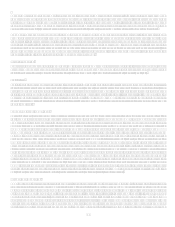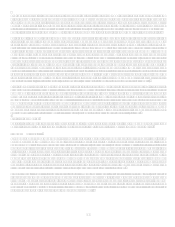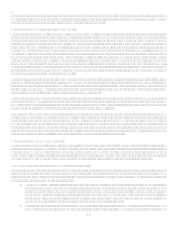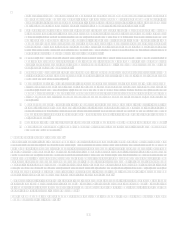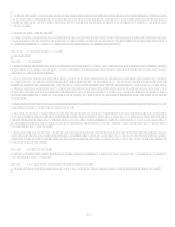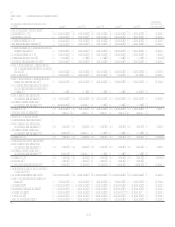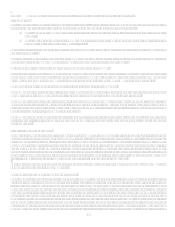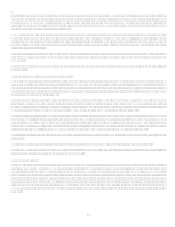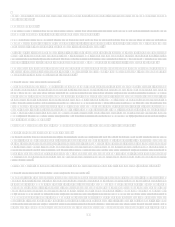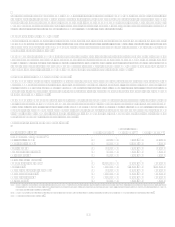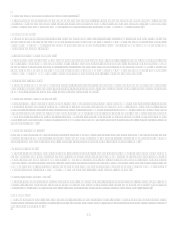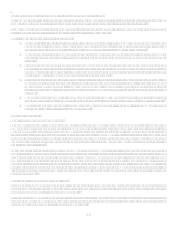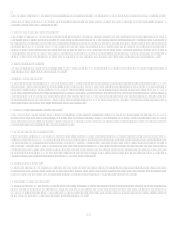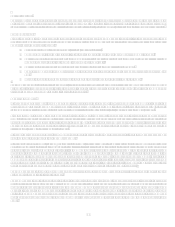Capital One 2007 Annual Report Download - page 44
Download and view the complete annual report
Please find page 44 of the 2007 Capital One annual report below. You can navigate through the pages in the report by either clicking on the pages listed below, or by using the keyword search tool below to find specific information within the annual report.22
Item 7. Managements Discussion and Analysis of Financial Condition and Results of Operations
I. Introduction
Capital One Financial Corporation (the Corporation) is a diversified financial services company whose banking and non-banking
subsidiaries market a variety of financial products and services. The Corporations principal subsidiaries are:
Capital One Bank (COB) which currently offers credit and debit card products, other lending products and deposit
products.
Capital One, National Association (CONA) which offers a broad spectrum of banking products and financial services to
consumers, small businesses and commercial clients.
Another subsidiary of the Corporation, Superior Savings of New England, N.A. (Superior) focuses on telephonic and media-based
generation of deposits.
As of January 1, 2008, Capital One Auto Finance (COAF) moved from a principal subsidiary of the Corporation to become a direct
operating subsidiary of CONA. COAF offers automobile and other motor vehicle financing products.
During 2007, Capital One F.S.B. and North Fork Bank merged with and into CONA.
In the third quarter of 2007, the Company shut down the mortgage origination operations of its wholesale mortgage banking unit,
GreenPoint Mortgage (GreenPoint), an operating subsidiary of CONA. Additional information can be found in Item 8Financial
Statements and Supplementary DataNotes to the Consolidated Financial StatementsNote 2Discontinued Operations.
The Corporation and its subsidiaries are hereafter collectively referred to as the Company.
The Company continues to deliver on its strategy of combining the power of national scale lending and local scale banking. As of
December 31, 2007, the Company had $83.0 billion in deposits and $151.4 billion in managed loans outstanding.
The Companys earnings are primarily driven by lending to consumers and commercial customers and by deposit-taking activities
which generate net interest income, and by activities that generate non-interest income, including the sale and servicing of loans and
providing fee-based services to customers. Customer usage and payment patterns, credit quality, levels of marketing expense and
operating efficiency all affect the Companys profitability.
The Companys primary expenses are the costs of funding assets, provision for loan losses, operating expenses (including associate
salaries and benefits, infrastructure maintenance and enhancements, and branch operations and expansion costs), marketing expenses,
and income taxes.
II. Critical Accounting Estimates
The Notes to the Consolidated Financial Statements contain a summary of the Companys significant accounting policies, including a
discussion of recently issued accounting pronouncements. Several of these policies are considered to be more critical to the portrayal
of the Companys financial condition, since they require management to make difficult, complex or subjective judgments, some of
which may relate to matters that are inherently uncertain. Areas with significant judgment and/or estimates or that are materially
dependent on management judgment include: determination of the level of allowance for loan and lease losses, valuation of goodwill
and other intangibles, finance charge, interest and fee revenue recognition, valuation of mortgage servicing rights, valuation of
representation and warranty reserves, valuation of retained interests from securitization transactions, recognition of customer reward
liability, treatment of derivative instruments and hedging activities, and accounting for income taxes.
Additional information about accounting policies can be found in Item 8 Financial Statements and Supplementary DataNotes to
the Consolidated Financial StatementsNote 1.
Determination of Allowance for Loan and Lease Losses
The allowance for loan and lease losses is maintained at the amount estimated to be sufficient to absorb probable principal losses, net
of principal recoveries (including recovery of collateral), inherent in the existing reported loan portfolios. The provision for loan losses
is the periodic cost of maintaining an adequate allowance. The amount of allowance necessary is based on distinct allowance
methodologies depending on the type of loans which include specifically identified criticized loans, migration analysis, forward loss
curves and historical loss trends. In evaluating the sufficiency of the allowance for loan and lease losses, management takes into
consideration the following factors: recent trends in delinquencies and charge-offs including bankrupt, deceased and recovered
amounts; forecasting uncertainties and size of credit risks; the degree of risk inherent in the composition of the loan portfolio;
economic conditions; legal and regulatory guidance; credit evaluations and underwriting policies; seasonality; and the value of
collateral supporting the loans. To the extent credit experience is not indicative of future performance or other assumptions used by
management do not prevail, loss experience could differ significantly, resulting in either higher or lower future provision for loan


